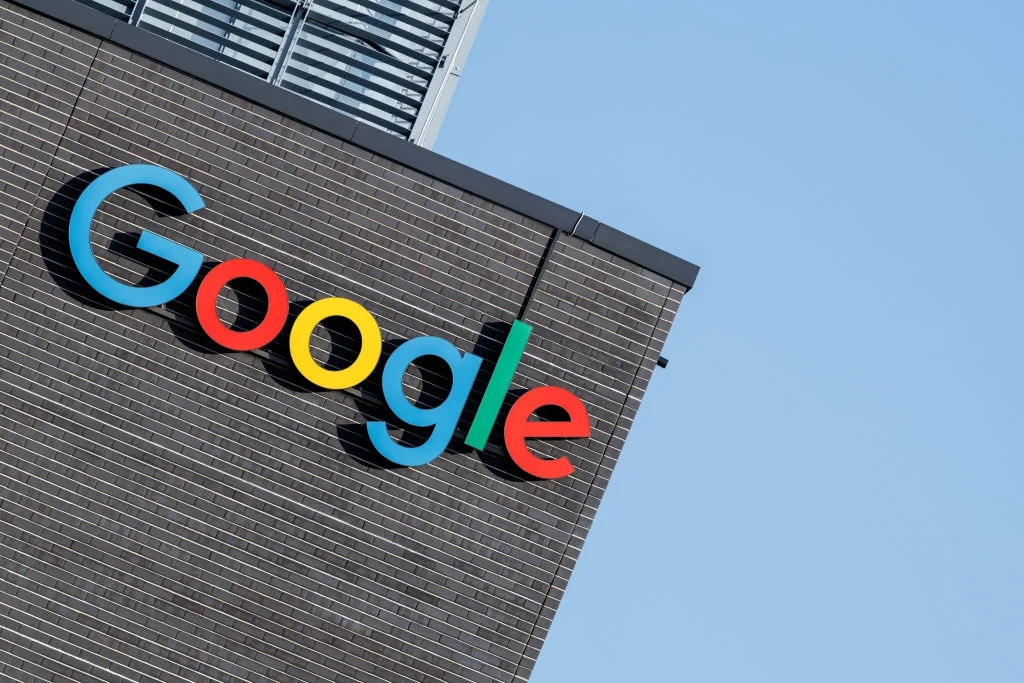
Google’s AI Language Lessons: A Duolingo Killer or Just a Fun Experiment?
Google has recently unveiled a new experimental project called Little Language Lessons, powered by its Gemini AI. This initiative aims to personalize language learning and addresses a common issue: generic lessons often fail to meet specific, real-world language needs. But can it truly compete with established platforms like Duolingo?
The Little Language Lessons experiment features three modules: Tiny Lessons, Slang Hang, and Word Cam. These tools are designed to enhance, not replace, traditional language learning, focusing on practical, contextual vocabulary.

Tiny Lessons offers situation-specific vocabulary, covering scenarios like finding a lost passport or going on a first date. While the current selection is limited, the potential for personalized lessons tailored to individual needs, such as business-specific vocabulary, is vast.
Slang Hang aims to bridge the gap between textbook language and real-world conversations. It presents realistic dialogues between native speakers, exposing users to idiomatic expressions and local slang. Although Google admits the tool may occasionally misuse slang, it offers a valuable glimpse into cultural nuances.

Perhaps the most exciting feature is Word Cam. By pointing your camera at an object, the tool instantly identifies and labels it in your target language. This real-time vocabulary acquisition can be a game-changer, especially in immersive environments like foreign markets. Imagine instantly learning the names of exotic spices or unfamiliar fruits!

The potential impact of Little Language Lessons hasn't gone unnoticed by industry observers. Some suggest that this new AI-powered approach could pose a serious challenge to Duolingo.
Duolingo has also embraced AI, announcing a shift towards AI-first strategies, potentially replacing human tasks with AI. However, this approach has sparked some criticism, with users expressing concerns about the social and human aspects of language learning.
While Google clarifies that Little Language Lessons is merely an experiment intended to inspire developers and showcase Gemini's multilingual capabilities, not a full-fledged product, the potential is undeniable.
These language learning tools support a wide range of languages, including Arabic, Chinese, English, French, German, and more.
The question remains: can AI truly transform language learning, or will the human element continue to be essential? What aspects of language learning do you find most challenging, and how do you think AI could help?
Share your thoughts in the comments below!